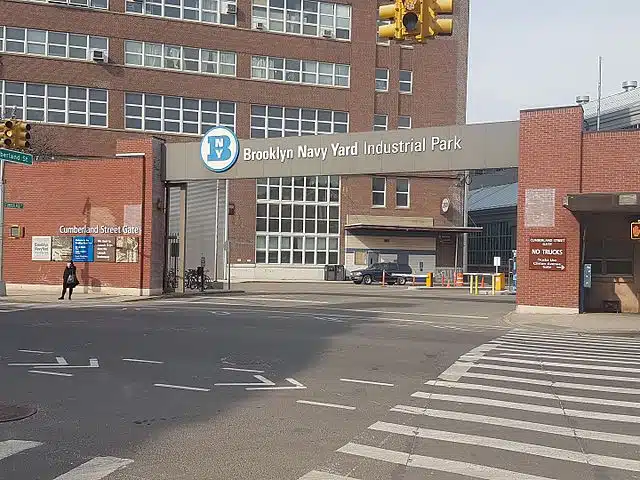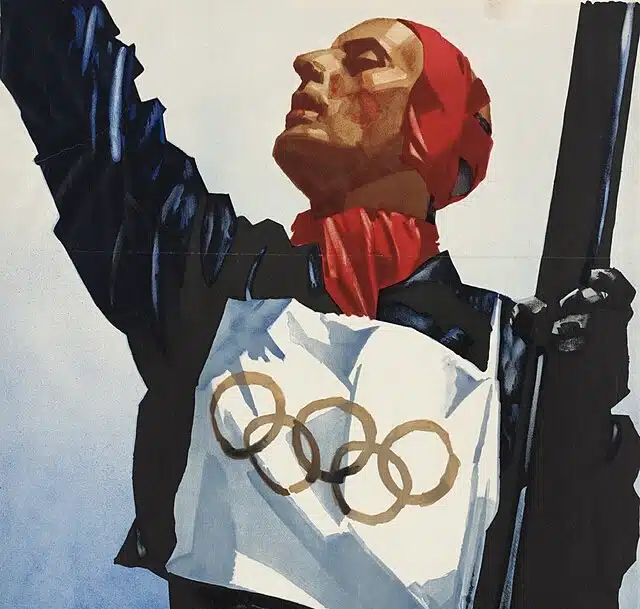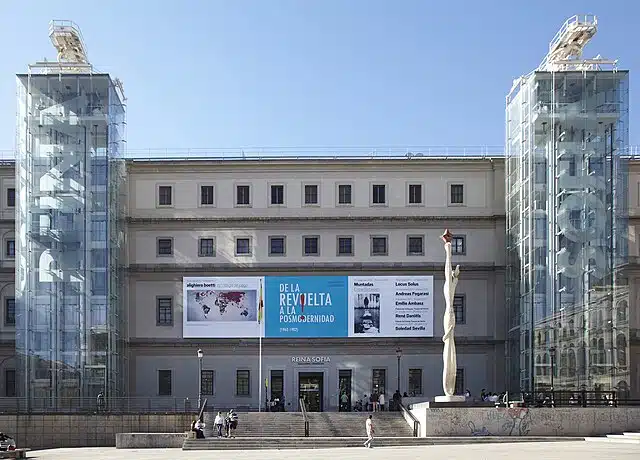
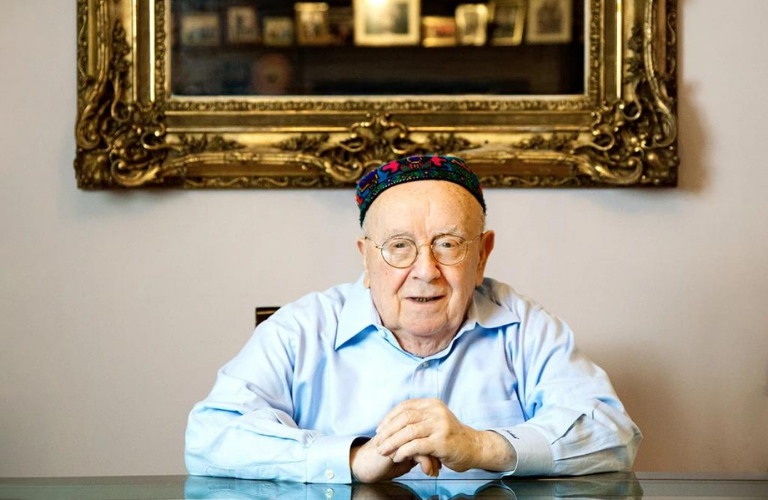
‘He Has to Pay for What He Did’: Holocaust Survivor Judah Samet Seeks to Testify Against Pittsburgh Synagogue Shooter
As a young child, Judah Samet barely survived the Holocaust as an inmate at the Bergen-Belsen concentration. More than seven decades later, he was a witness to the Tree of Life synagogue massacre in Pittsburgh, Pennsylvania, the deadliest antisemitic attack in U.S. history.
Now, the 84-year Samet, a retired jeweler, wants to testify against the alleged perpetrator of the shooting, white supremacist Robert Bowers.
“I want to testify because he has to pay for what he did,” Samet told the New York Post. “If I don’t testify, and nobody else testifies, he may walk. Justice delayed is justice denied. The man did a crime and he should pay. Three years and four months is plenty of delay. Maybe they should give him Bergen-Belsen rations: one slice of hard bread a day and one cup of soup, which was barely soup.”
11 Jewish worshippers were killed in the Tree of Life attack, which took place during Shabbat morning services on October 27th, 2018.
Bowers has been charged with 63 federal crimes and 36 state crimes in Pennsylvania. A trial date has yet to be set.
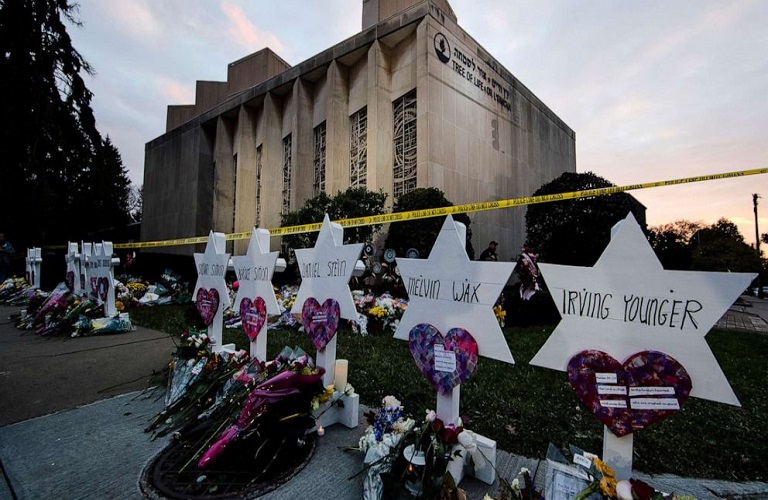
Samet expressed concern about the prolonged legal proceedings, saying, “He’s in jail. He’s no danger to anybody else anymore. But it’s still dangerous to the psyche of the Jewish community for him not to be tried. Three years, it’s getting to be ridiculous.”
The day the shooting occurred was a “regular Saturday,” Samet recalled for the New York Post. As he parked his car in the synagogue’s lot, “It was eerie, quiet,” he said.
Someone approached Samet’s window and told him, “You better go home, there’s a shooting inside the synagogue.”
Samet then saw a police officer exchange fire with a man carrying an assault rifle at the synagogue’s entrance. The shooter, Samet remembered, looked directly at him.
“I’m not sure why he didn’t shoot me,” he said. “Maybe he figured he needed to shoot at the detective, not at me, because the detective could kill him and I couldn’t. Maybe he couldn’t see me [clearly] through the glare of my windshield. But I saw him. And I remember.”
Samet paid close attention to the shooter’s appearance, and then drove away.
“The soldier in me came out,” he recalled. “In the [Israel Defense Forces], they teach you to see who is shooting. I took a mental note to be able to describe him.”
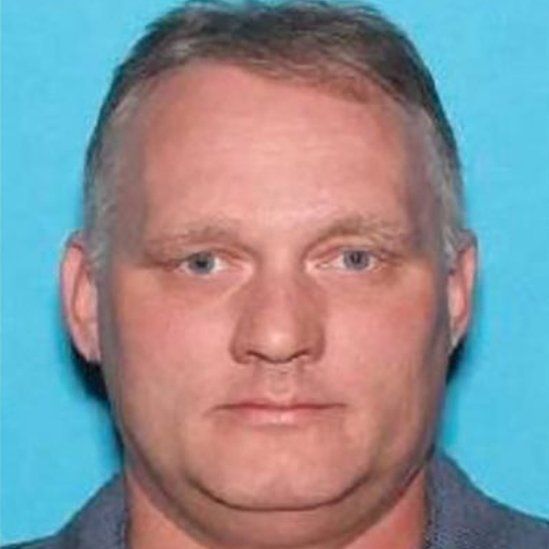
The incident brought back painful memories to Samet.
“For my family, it’s never over,” he said. “It reminded me of the concentration camps. It reminded me of the fact that one of my brothers was killed defending Israel.”
Samet’s older brother, Yaakov Samet, fell in battle as an IDF soldier in the 1956 Sinai Campaign.
The Hungarian-born Samet himself also served in the IDF in the 1950s, as a paratrooper. He had immigrated to Israel with his mother, Rachel, and three siblings following the end of World War II (his father, Yekutiel, died of typhus three days after being liberated).
Samet later moved to the United States, and ended up living in Pittsburgh, the hometown of his late wife Barbara, and joining the Tree of Life synagogue.
He said he would like to testify against Bowers to achieve justice for the victims and honor his “fearless” late mother.
“My mother was a fighter,” said Samet. “I don’t need encouragement to testify, not even from my mother, but would she support me in that? Absolutely.”

